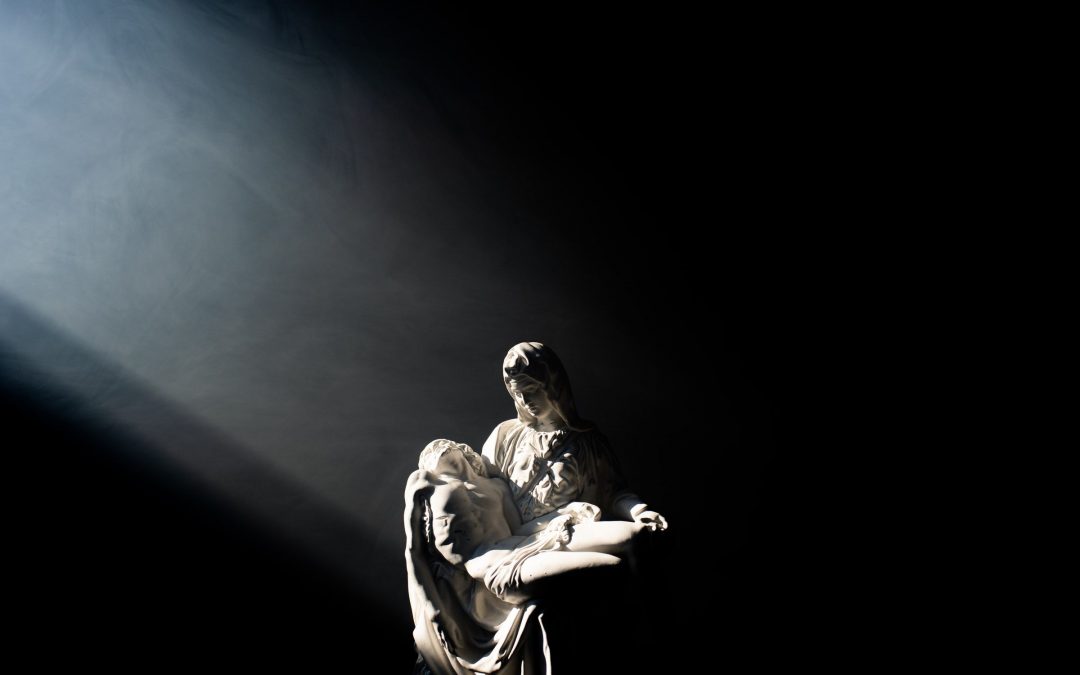What happens to a social token when its creator dies? That may be an odd question to ask about a technological tool that’s only beginning to take off, but thinking it through may help you understand what’s new in the “new digital economy” and what may never change.
Part of an effort to make “ownership” central to digital goods – broadly defined as Web 3.0 and including non-fungible tokens (NFTs) and decentralized autonomous organizations (DAOs) – social tokens allow creators and fans to interact through novel financial relationships. At heart, they give holders a stake in the success of some “creator.”
This article is excerpted from The Node, CoinDesk’s daily roundup of the most pivotal stories in blockchain and crypto news. You can subscribe to get the full newsletter here.
Countless musicians (like Grammy-winning artist RAC and BT), artists (like Jen Stark), sports legends and prospects (Washington Wizards point guard Spencer Dinwiddie and UCLA sophomore guard Jaylen Clark) and even investment gurus (like Kerman Kohli) have moved into the market.
Fans buy, acquire or earn tokens, which represent a share in a creator’s career. Tokens should be, but aren’t always, wholly owned by someone and can be transferred or sold at will. They often come packaged with added utility – the ability to use a platform, like accessing a gated Discord channel or the right to meet your hero.
Putting money at the center of a community will no doubt influence how those communities develop. As Kinjal Shah, a senior associate at Blockchain Capital, said, “Crypto networks facilitate stronger relationships between creators and users. These relationships will introduce economic rewards and incentives to strengthen network effects.”
Shah’s statement might be premature, but it does get to how crypto is changing how behavioral economics, platform design and finance interact. “We’re [going] to need new mental and legal frameworks,” Wharton professor Kevin Werbach said about crypto and fintech on Twitter. “And a bigger boat.”
There are already mental models for understanding “the creator economy.” A decade ago, Wired editor Kevin Kelly noted how the internet allowed small-time creators to sustain themselves with only “1,000 true fans.” For instance, crowdsourcing platforms like Bandcamp made it possible for musicians to produce their own albums – without the help of a label.
The same theory holds for social tokens. What’s new here is the financial relationship between creators and fans – and one that can metastasize in interesting ways. The upside is clear: Creators can fund their work, communities may flower, and fans have something to cherish and hold.
It’s possible that “empowered” fans may go too far. Giving someone an economic stake in your career may make them feel entitled to make decisions on your behalf. Artists may be less incentivized to experiment or change direction, and super-fans may become your most vocal critics. And it’s not just your art that affects a token’s price, but potentially anything you do or say. Of course, some people, like Kohli, have designed their token ecosystem to precisely give token holders a say over their “investment” decisions.
Read more: Get Ready for Investor Fan Tokens: Polychain Backs Prysm’s Approach to ‘Social Investing’
There’s also the unknown effects of conflating artistic worth with financial success. In a great introduction to social tokens, venture capitalist Rex Woodbury wrote, “In the future, instead of measuring a creator’s clout based on her Instagram following, we’ll point to her market cap.”
So what happens after the token creator dies? Assuming crypto is as “unstoppable” as claimed, the tokens should still exist and be tradeable. It’s possible death spells the end for a community, or, as so often the case in the history of art, a new critical awareness of their work.
There’s no single answer to this question, in part because tools like social tokens allow for the creation of so many different types of communities. There will be as many tokens as ideas, as individuals willing to strike out on their own. That much is new, but the question of death is one for lawyers to work out.














